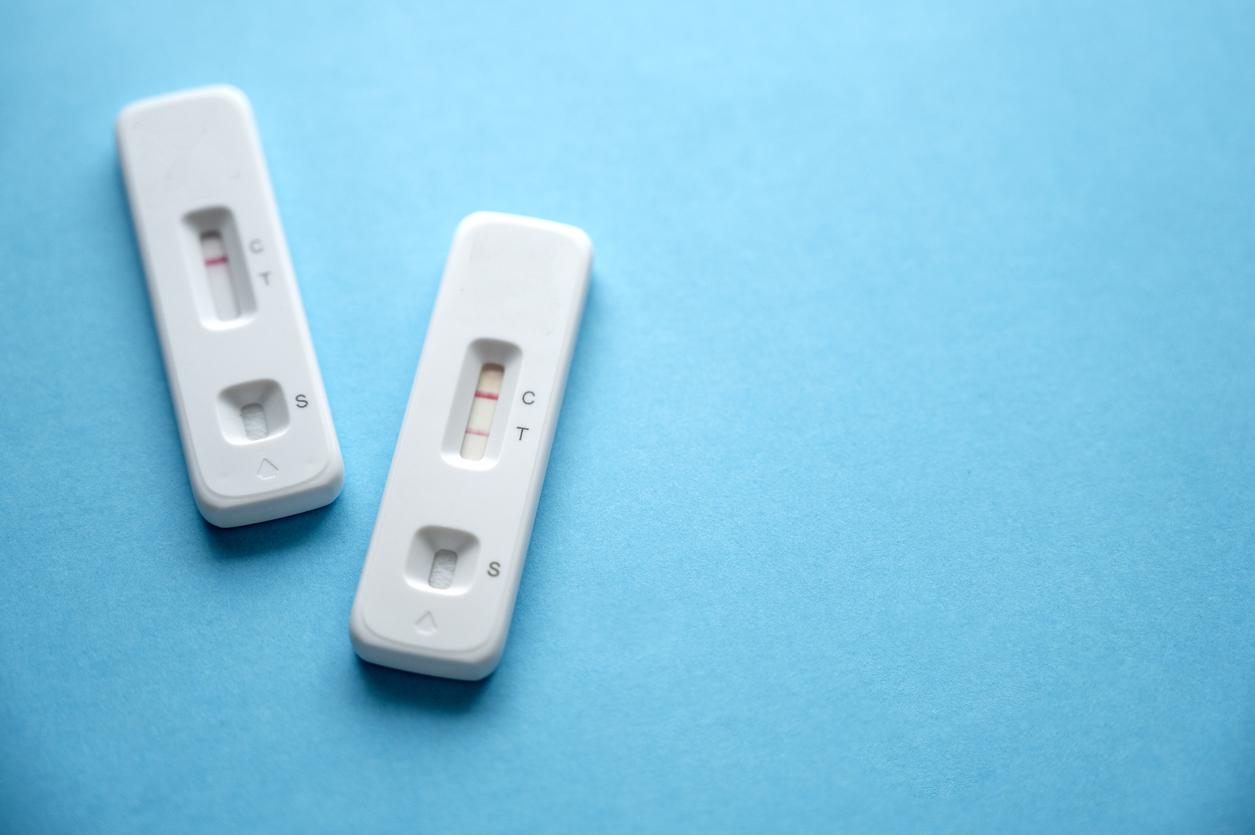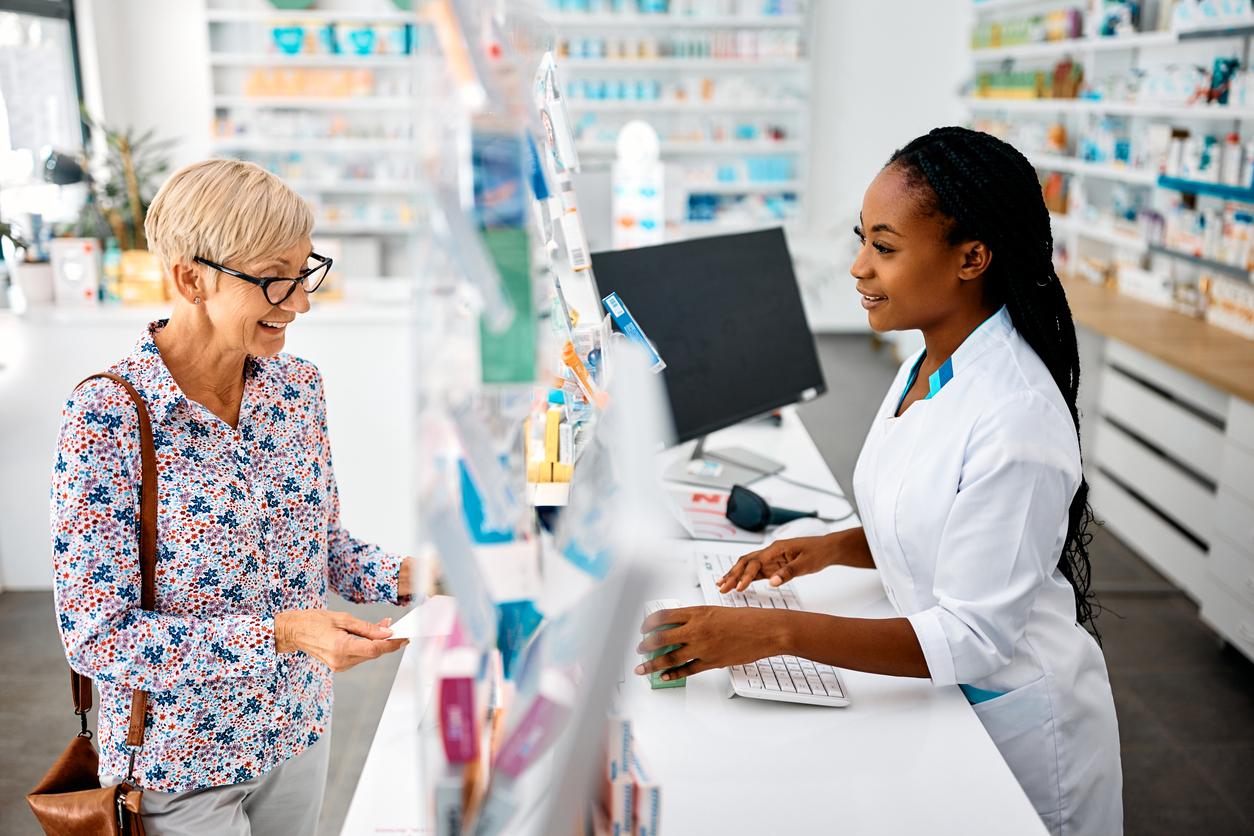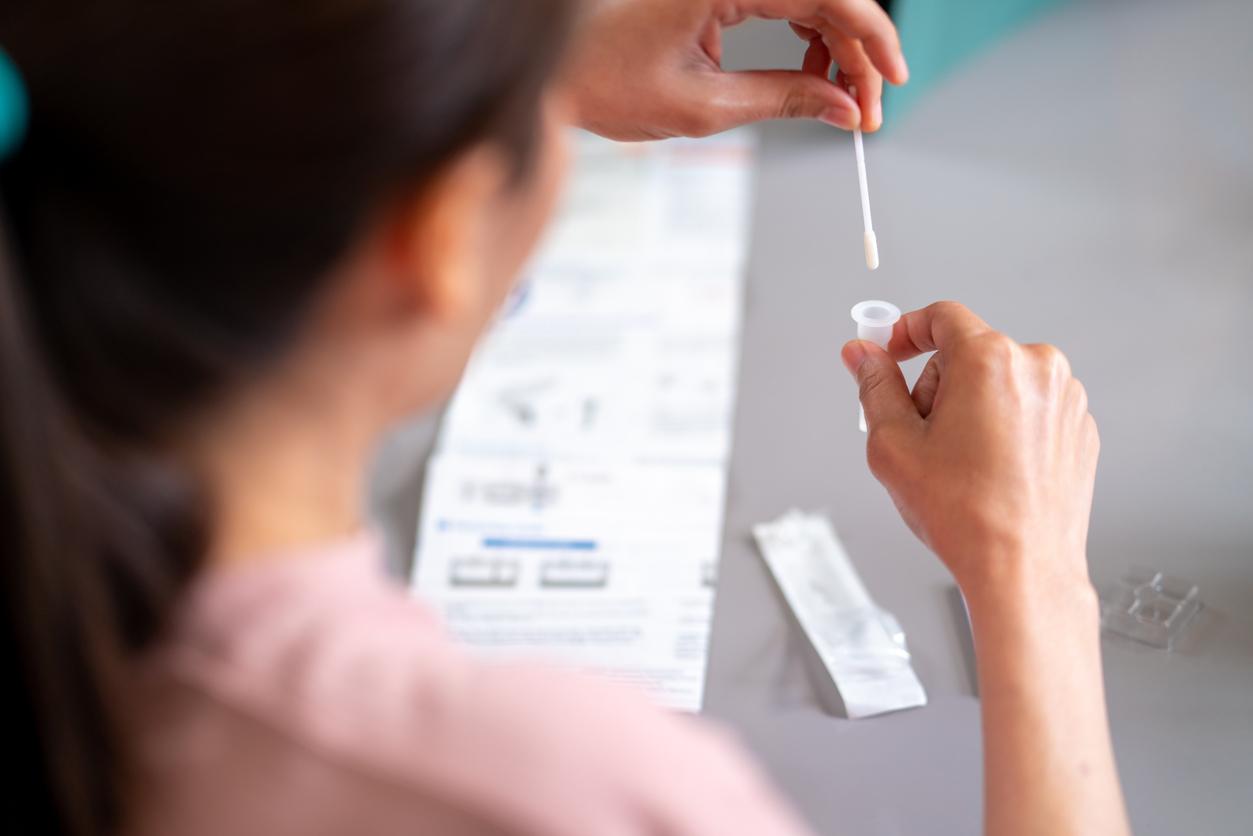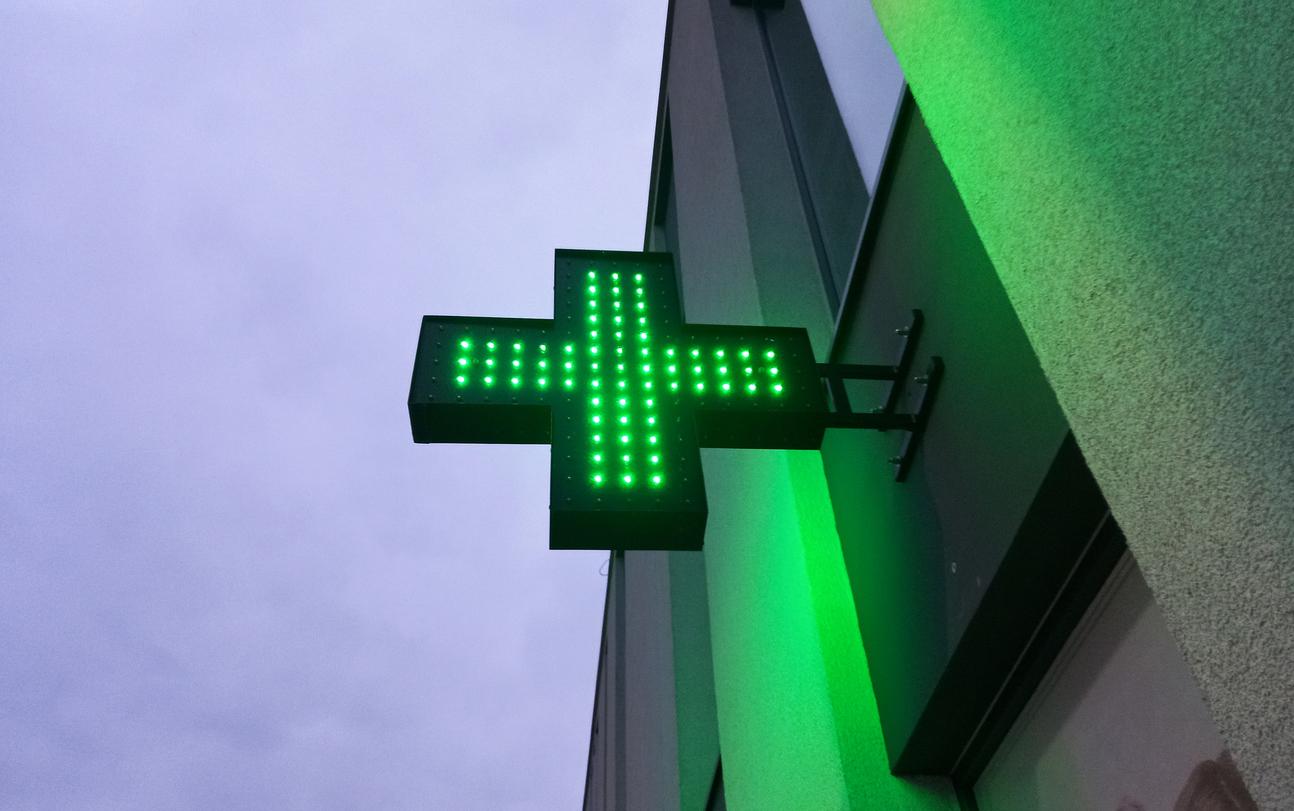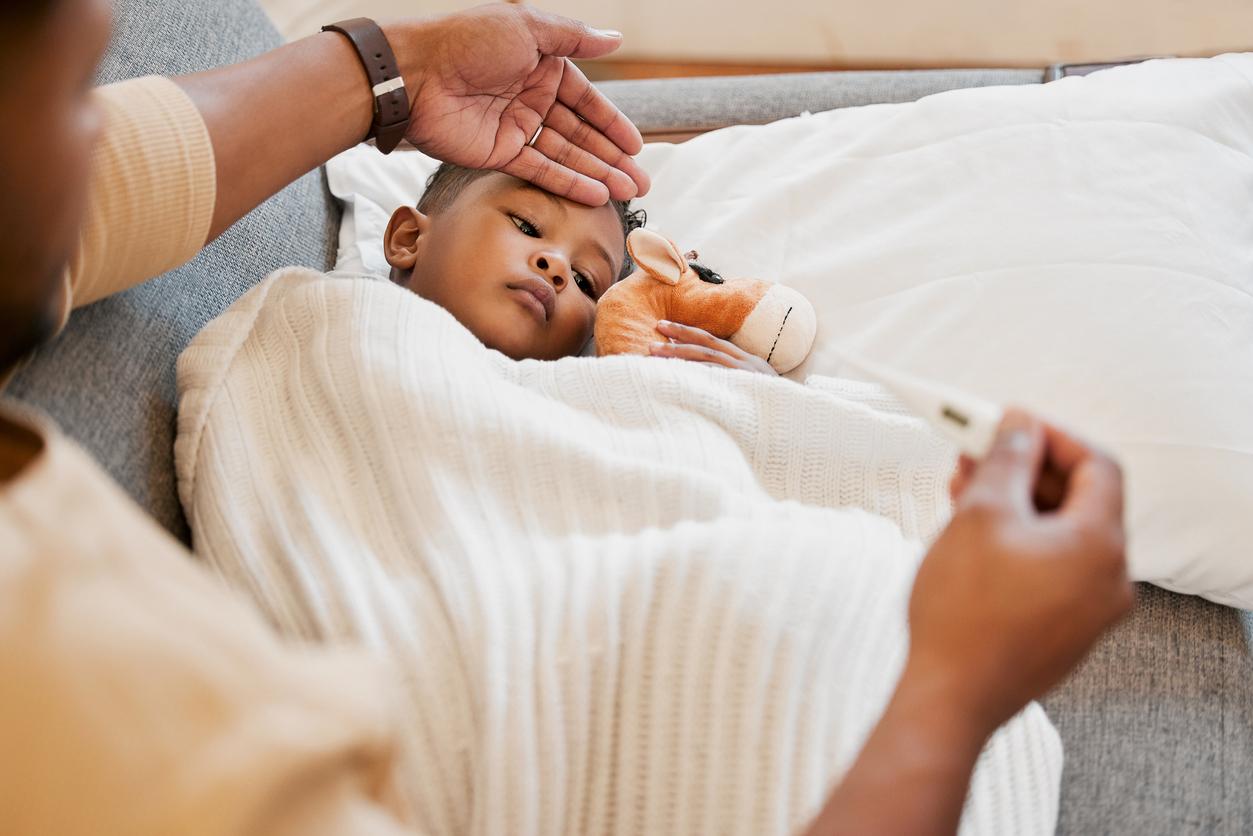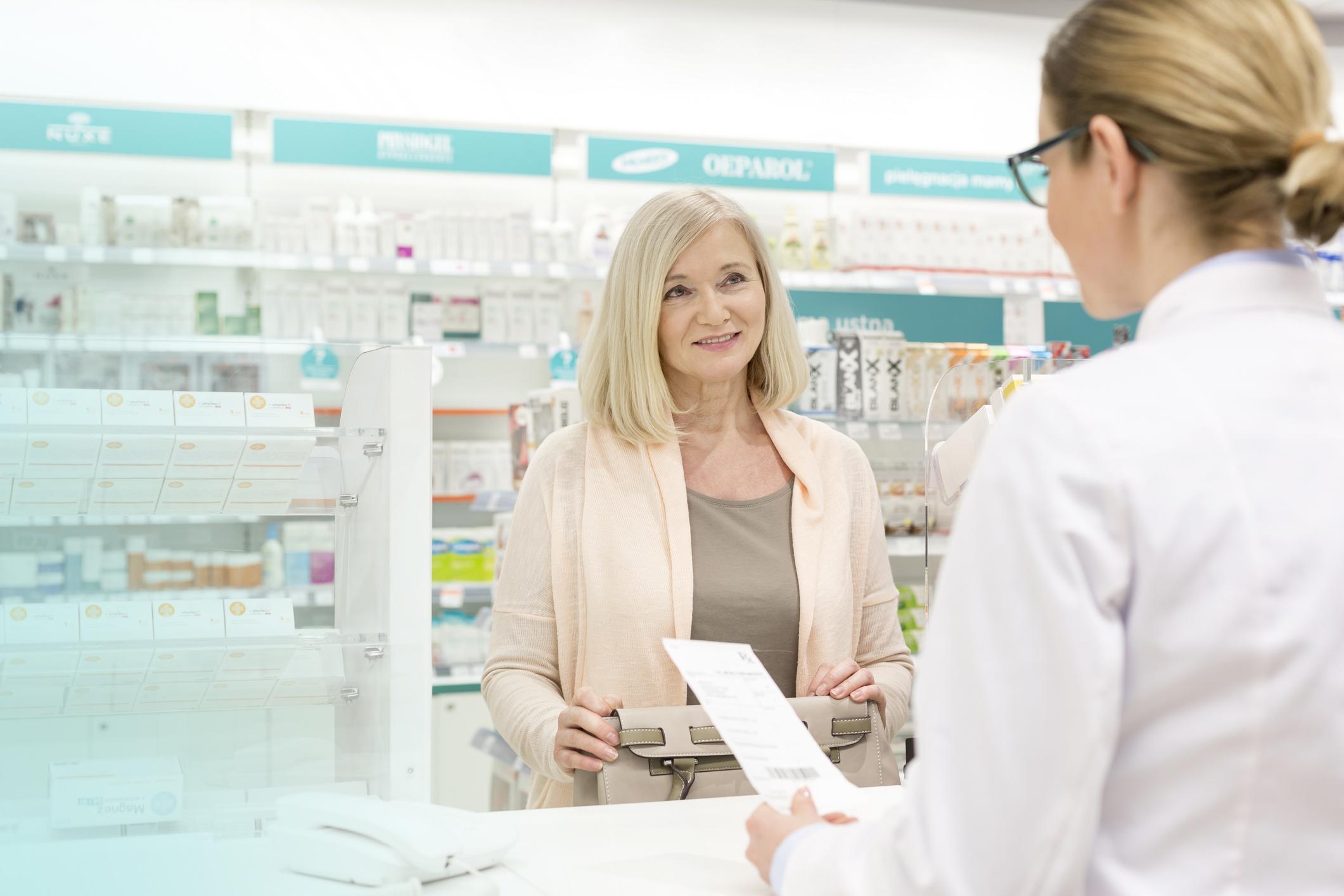In 2013, sales of self-medicating drugs amounted to € 2,123 billion. An unprecedented drop of 3% compared to 2012. Afipa is worried about the cost for social security.
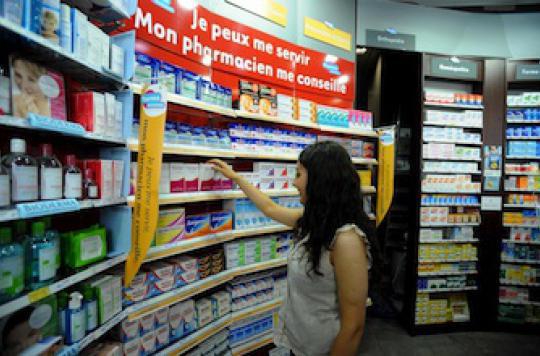
In France, a consultation with the general practitioner gives rise to a prescription in 74% of cases. As a result, our country is lagging behind in Europe in the development of self-medication, these drugs available without a prescription for pathologies that are by nature benign and easily diagnosed by the patient. And this gap with our European neighbors risks further widening, because “the market for self-medication is shrinking and weakened,” notes the French Association for Responsible Self-Medication (Afipa). This is indeed what emerges from the 12th Self-medication Barometer 2013 of Afipa (1).
The self-medication market down 3%
This new barometer shows that drugs sold without a prescription in 2013 posted a 3% decrease in sales in value, representing a market of more than 2 billion euros. Until now, showing significant dynamism and continuous growth, the self-medication market has experienced its first involution for five years, under the effect of a difficult economic context. All categories of drugs are experiencing a marked decline in their sales.
To explain this fall, Afipa first notes a drop in the number of pharmacies. The appearance of large packaging for drugs could partly explain why patients go to pharmacies less.
Another factor to justify this decrease, that of the increase in consultations with the general practitioner. “A very strong influenza pathology in 2013 is at the origin of an increase in consultations with general practitioners, and therefore prescriptions”, comments the Association.
Listen to Pascal Brossard, President of Afipa: ” The lower attendance of pharmacies could be due to the appearance of large packaging. For this reason, patients come less to pharmacies… “
Conversely, medical devices and food supplements are experiencing a more favorable trend showing respective growth in value of 4.3% for the former and 6.2% for the latter. For the latter, Afipa explains that the new food supplements that have recently arrived on the market have had the effect of boosting sales of these products.
An additional cost for Social Security
Finally, representatives of manufacturers who market self-medication products consider that “this halt for self-medication drugs represents a real danger for the organization and the efficiency of the healthcare system, both in terms of cost for Social Security as overload of work for general practitioners. Consequently, expanding the list of products available for self-medication, better patient information and appropriate training for health professionals appear to be priorities in particular to ensure the development of responsible self-medication in the region and to catch up with the French backlog. compared to other European countries. », He concludes.
Listen to Pascal Brossard, President of Afipa: ” It was calculated that a 10% drop in self-medication had an impact of 620 million euros for Social Security. This would also force general practitioners to work an additional 5.45 hours per week.… “
(1) Celptipharm panel of 3,004 pharmacies representative of the French pharmacy stock.
.







